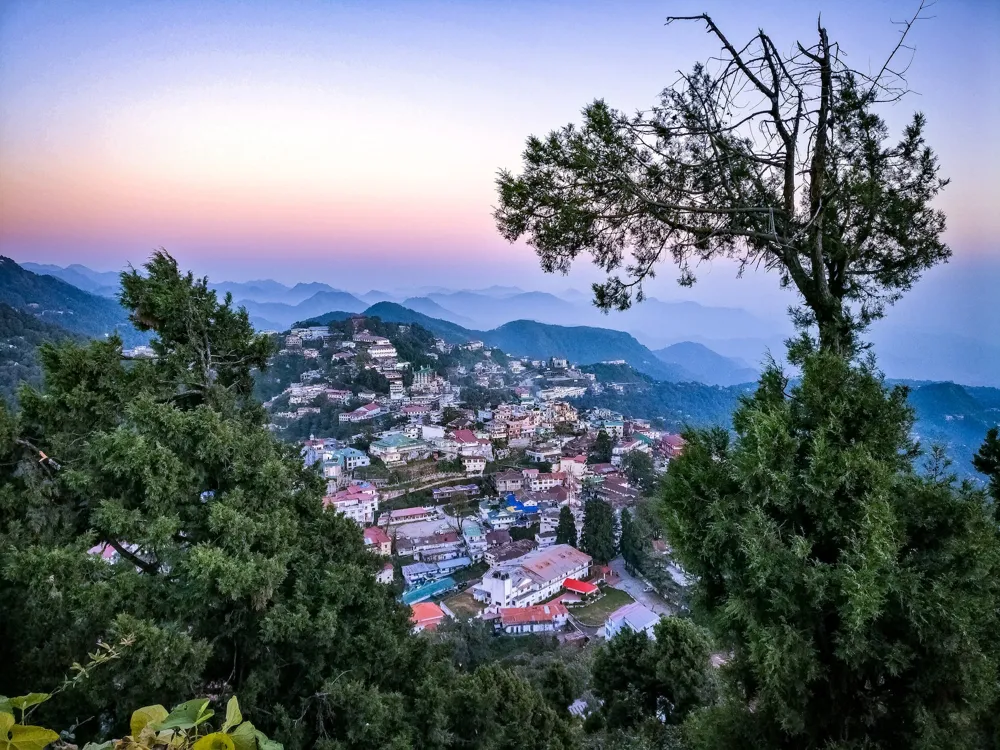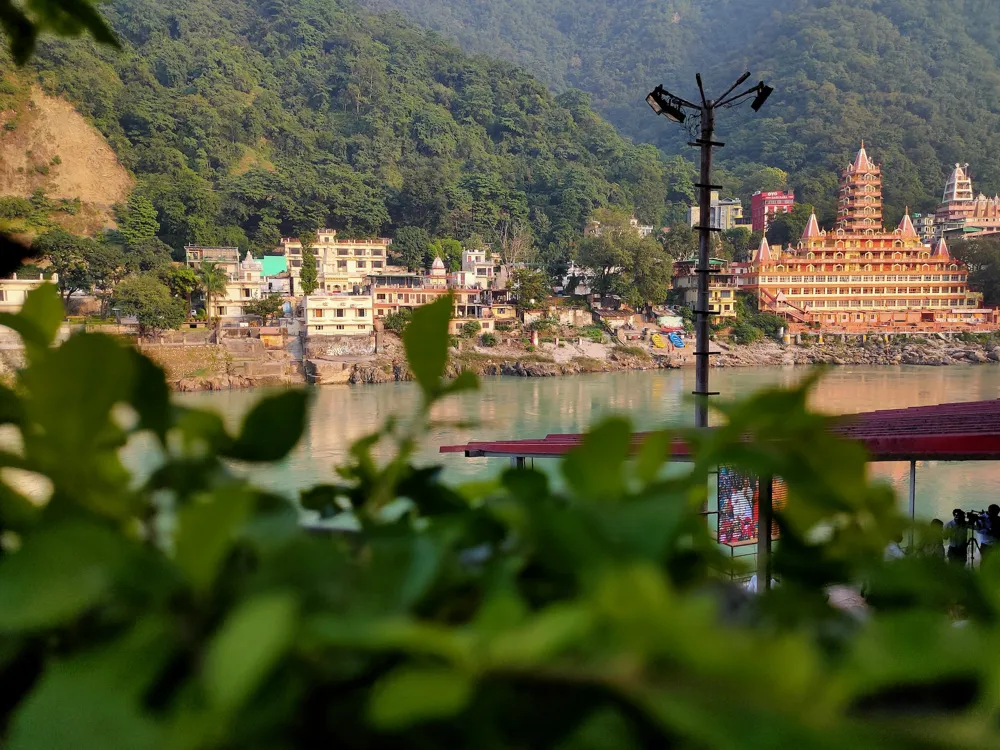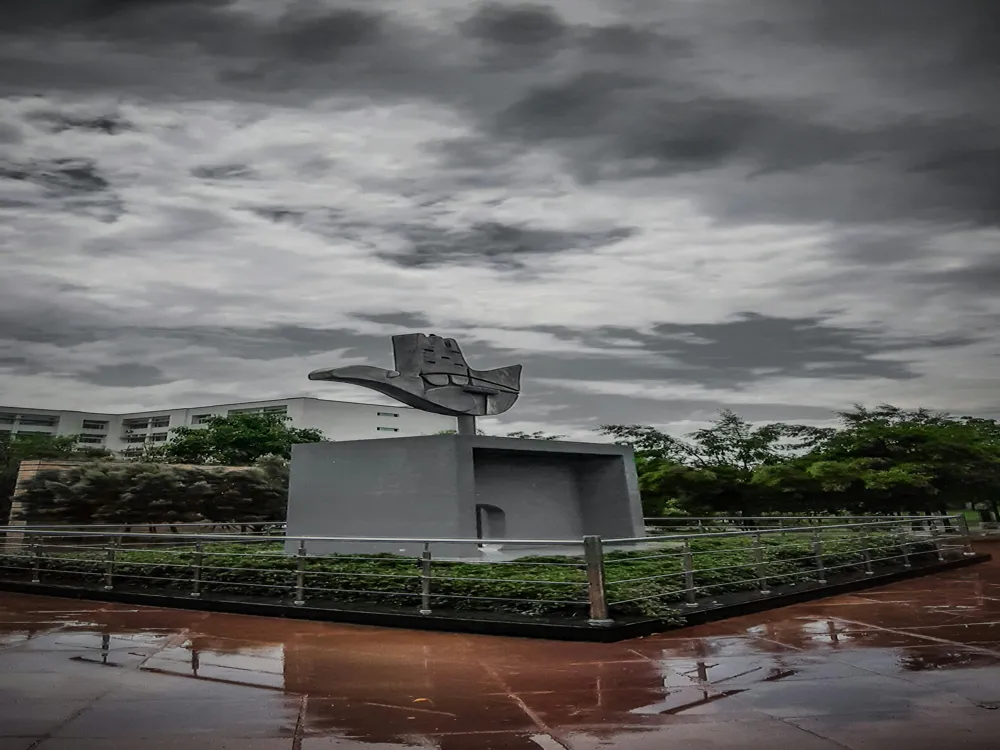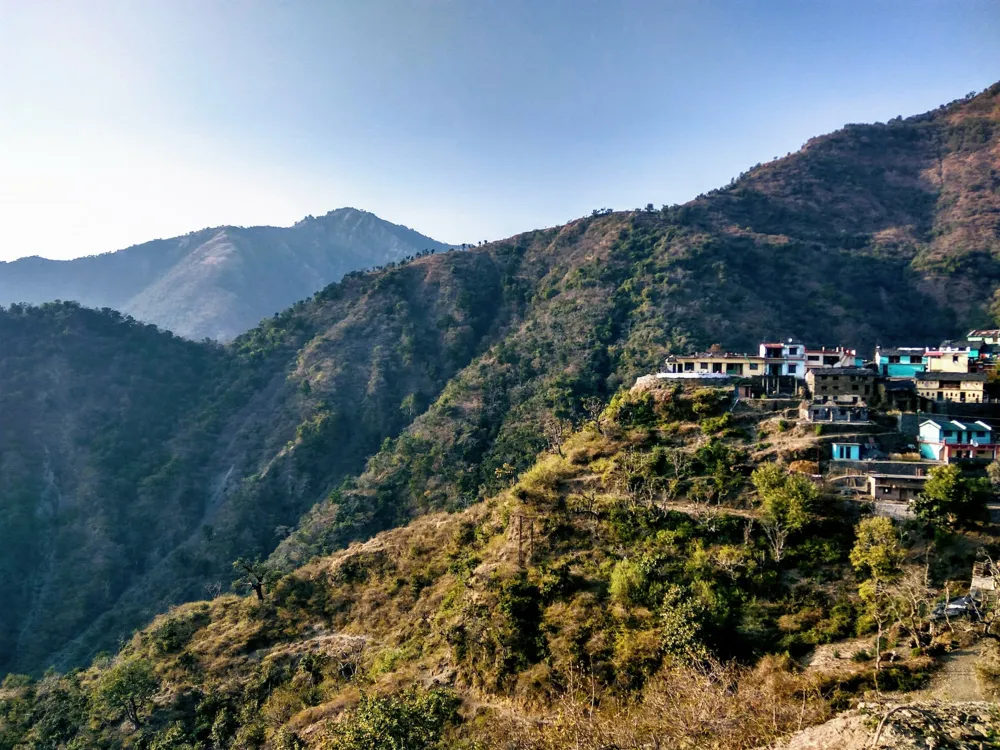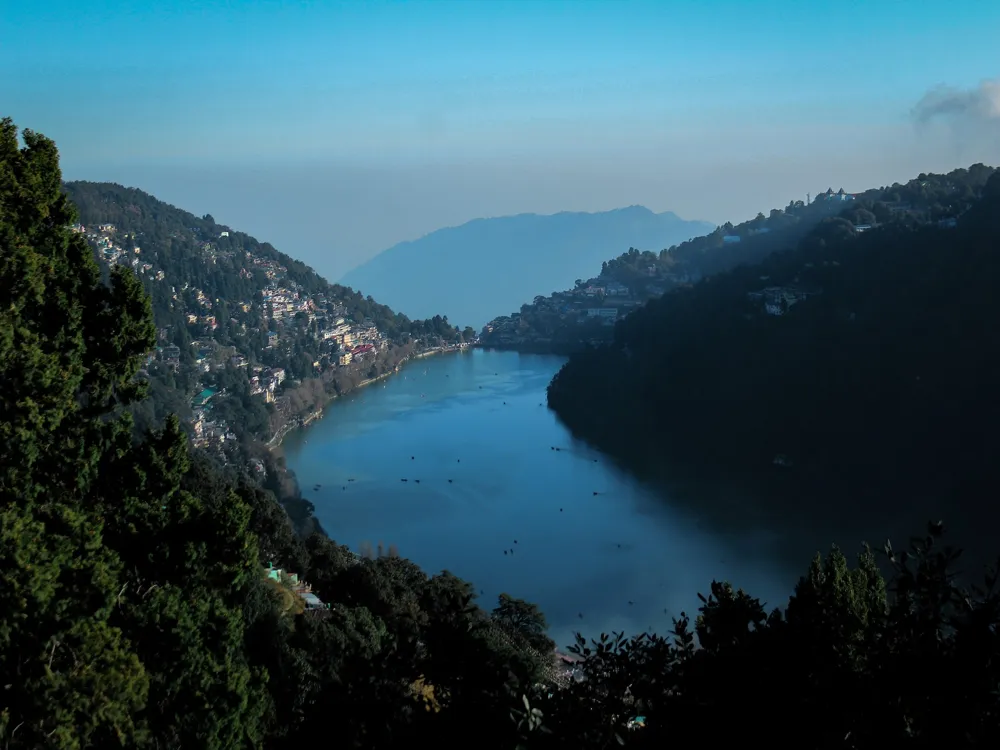Nestled in the serene landscapes of Nahan in Himachal Pradesh,Jaggannath Templea stands as a magnificent testament to spiritual and architectural grandeur. Revered as one of the sacred sites in the region, this temple attracts visitors from all corners of the world. The temple's history is steeped in legends and myths, making it a fascinating site for both devotees and history enthusiasts. It is not just a place of worship but also a symbol of the rich cultural heritage of Himachal Pradesh. The origins of Jaggannath Temple trace back to centuries ago, deeply entwined with the local folklore and traditions of Nahan. The temple is dedicated to Lord Jagannath, a form of Lord Vishnu, and holds immense religious significance. Throughout the year, the temple hosts various festivals and rituals, drawing a large number of pilgrims and tourists. These events are a vibrant showcase of the local culture and religious practices, offering a unique experience to visitors. The temple's location in Nahan adds to its allure, as the town itself is known for its picturesque beauty and tranquil atmosphere. Surrounded by lush greenery and with a backdrop of rolling hills, Jaggannath Temple offers a perfect blend of spirituality and natural beauty. This harmonious combination makes it a must-visit destination for those seeking peace, spiritual solace, and a touch of nature’s splendor. The architecture of Jaggannath Temple is a splendid example of the intricate and exquisite artistry of ancient Indian temple design. Reflecting a blend of various architectural styles, the temple stands as a testament to the skill and creativity of its builders. The structure is predominantly made of stone and wood, materials that have withstood the test of time and weather. The temple's design features a unique combination of local Himachali styles and traditional Hindu temple architecture. The main sanctum, where the deity resides, is adorned with intricate carvings and paintings, depicting scenes from Hindu mythology. These artworks are not just mere decorations but are imbued with symbolism and spiritual significance. One of the most striking features of Jaggannath Temple's architecture is its shikhara or spire. This towering structure is intricately carved, with each layer telling a different story from the Hindu epics. The temple also features beautifully crafted pillars and arches, each contributing to the overall aesthetic and spiritual ambiance of the place. The temple complex is designed to facilitate the flow of devotees during major festivals and rituals. There are several smaller shrines and halls within the complex, each serving a specific purpose in the temple's religious practices. The layout of the temple not only exemplifies architectural brilliance but also reflects the deep understanding of space utilization in ancient Indian architecture. Visitors are advised to dress modestly, respecting the temple’s sanctity. Traditional Indian attire is recommended, though not mandatory. It’s important to maintain a decorous behavior within the temple premises, keeping in mind the religious sentiments of the devotees. The ideal time to visit the Jaggannath Temple is during the cooler months from October to March, when the weather is pleasant. Visiting during the festive season can be particularly rewarding, offering a glimpse into the vibrant local traditions and celebrations. Photography might be restricted in certain areas of the temple. It’s advisable to check with the temple authorities beforehand and respect the rules set regarding photography within the temple complex. Being sensitive to local customs and practices is important. It’s recommended to observe and follow the rituals and traditions, especially during worship times. Engaging with local guides or priests can enrich the visit with insights into the temple’s history and significance. Jaggannath Temple, located in Nahan, is accessible via various modes of transportation. The nearest airport is Chandigarh Airport, from where one can hire taxis or take buses to Nahan. For those preferring to travel by train, the closest railway station is in Ambala, which is well-connected to major cities. From Ambala, Nahan can Read More:Overview of Jaggannath Temple, Nahan, Himachal Pradesh
Architecture of Jaggannath Temple
Tips When Visiting Jaggannath Temple
Dress Code and Conduct
Best Time to Visit
Photography Guidelines
Local Customs and Etiquette
How To Reach Jaggannath Temple
Jaggannath Temple
Nahan
Himachal Pradesh
NaN onwards
View nahan Packages
Nahan Travel Packages
View All Packages For Nahan
Top Hotel Collections for Nahan

Private Pool

Luxury Hotels

5-Star Hotels

Pet Friendly
Top Hotels Near Nahan
Other Top Ranking Places In Nahan
View All Places To Visit In nahan
View nahan Packages
Nahan Travel Packages
View All Packages For Nahan
Top Hotel Collections for Nahan

Private Pool

Luxury Hotels

5-Star Hotels

Pet Friendly













